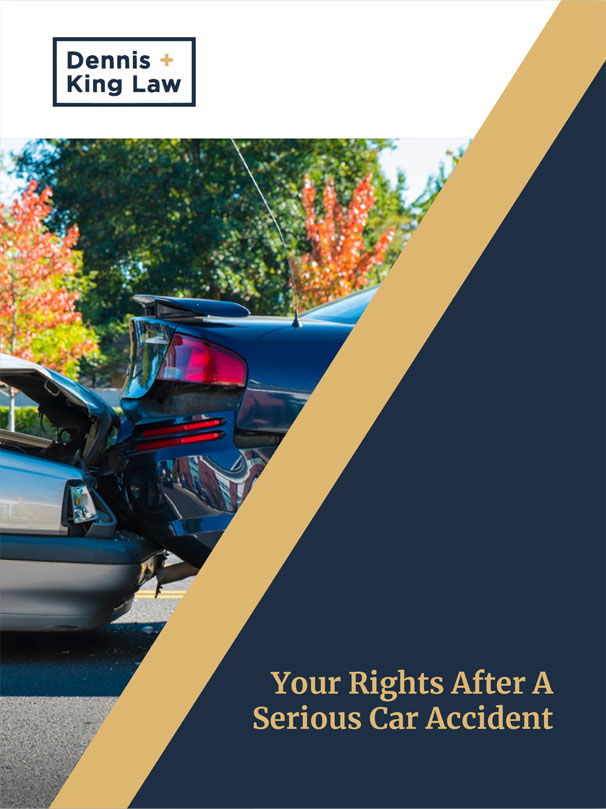When you are injured in a semi-truck accident (trucking accident), you are often entitled to receive compensation for more than just the repairs to your truck. Compensation could also include lost wages, medical bills, and other related expenses from the auto insurance company or from the other driver’s car insurance company. So how do you know how much you are entitled to receive in a trucking accident claim?
The following information can help you get the most out of your truck accident claim.
How Do You Determine Fault In a Trucking Accident?
In some situations, like a rear-end collision where you hit the vehicle in front of you, the other driver will almost always be considered at no fault. However, other types of trucking accidents are not so clear and with the tables turned you may be the driver who is not at fault for the damages.
The best way to assist the process of your auto insurance company in determining who is at fault is to give information to your claims adjuster. This information includes a thorough explanation of what happened. If you don’t believe you are at fault, presenting a reasonable argument with details regarding why you are not at fault that includes supportive details can ensure your claim works in your favor.
Can You Prove Contributory Negligence?
Negligence involves any careless behavior that contributes to an accident. A few states allow contributory negligence evidence when determining whether someone is entitled to compensation for an injury caused by a truck accident. When contributory negligence is concerned, if the other driver can prove that you are partially at fault for the accident you will not be compensated for payment of your personal injury claim.
How Will Comparative Negligence Affect My Claim?
Comparative negligence is used by most states and is used when determining how victims of truck accidents should be compensated. When comparative negligence is applied to a claim where you are partially at fault, your compensation may be reduced. Depending on your state, there are two types of comparative negligence that will be used to determine how much compensation you will qualify for. These two types are as follows:
Modified comparative fault: Compensation is given in proportion to the amount of the accident that was not your fault, with the stipulation that you are only at fault for LESS THAN 50%-51% of the truck accident.
Pure comparative negligence: Compensation is given in proportion to the total amount of the accident that was not your fault. If injuries equal to $80,000 and you were considered 50% at fault for the accident, your damages will be reduced by 50 percent, allowing you to be compensated for $40,000.
Want to know more about how much you are entitled to in a trucking accident? Call Dennis & Winningham Law today to get all the support and answers you need for your personal injury claim or fill out our contact form here!

 500+ five star reviews
500+ five star reviews








